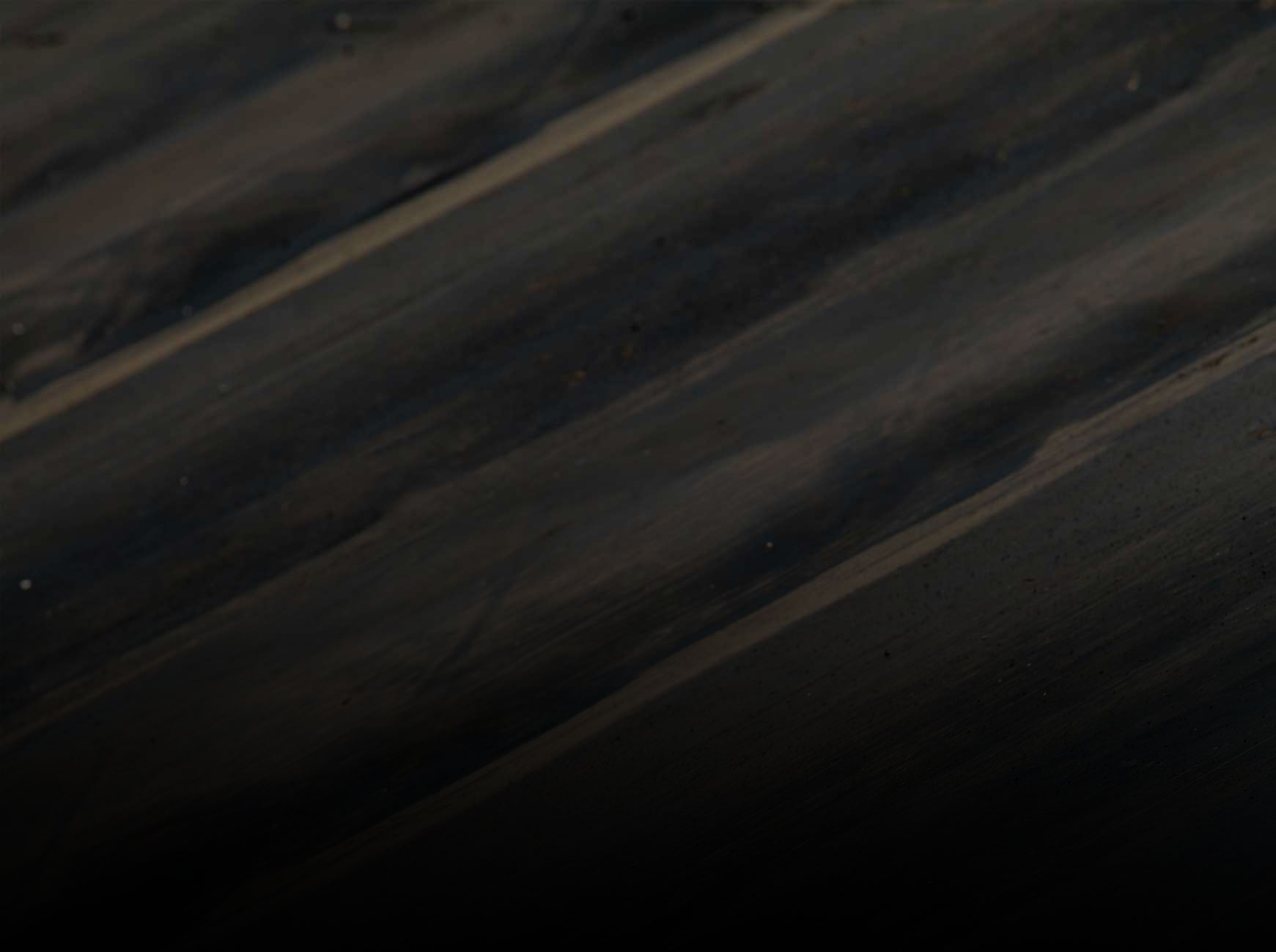In case you’d missed the news, both Ford Australia and Holden ended production of Utes in 2016. That means that, as Chevy pitches a new El Camino for the United States, Australian dealerships in 2017 will no longer sell their versions of the El Camino that have remained in production. That’s a bummer in and of itself, but without new Utes going on sale, the Virgin Australia Supercars Championship has also axed the V8 Utes Racing Series that has run in support of Supercars for years. In its place will be the SuperUtes category, a racing series for four-door, turbodiesel-powered “Super Utes,” which we’d recognize stateside as similar to crew-cab, short-bed pickups.
The first SuperUtes race will be held at the Townsville 400 in July 2017 with additional races at Ipswich, the Bathurst 1000, Gold Coast 600, and the newly minted Newcastle street circuit as a support series for the Supercars Championship. A full 2018 SuperUtes season would be expected after that, though it was unclear exactly when the V8 Utes’ final race would be held. Fan response on social media seemed tepid, but Supercars seems to find itself in a bind with Australian automakers ending production of iconic Supercars models like the Ford Falcon and Holden Commodore and their related Utes.
Supercars also opens its car regulations in 2017 to Gen2 Supercar rules, which include turbocharged V6 and four-cylinder engines in addition to the 5.0-liter V8s currently in use. It’s expected that teams will continue to race Commodores and Falcons with the V8s into next year. Nissan has committed to at least two more years in Supercars with their Nissan Altima and likely with their own V8.






















WOW!
This is exciting!
NOT!
Only if their adding jumps, like Robby Gordon’s Stad. Sup. Truck Series.
Though I will admit, that in the long run…as long as they use production engines and driveline parts, this could stay cheap enough, that the series could work.